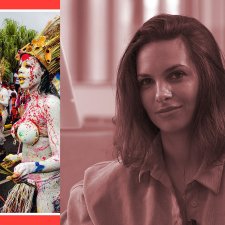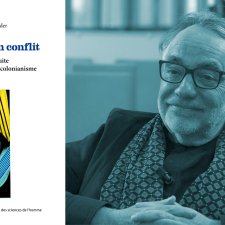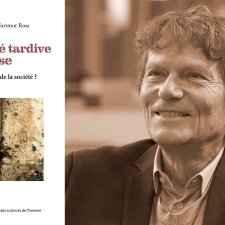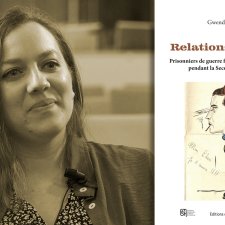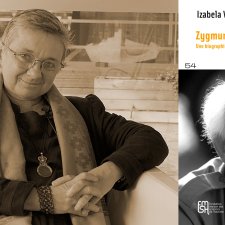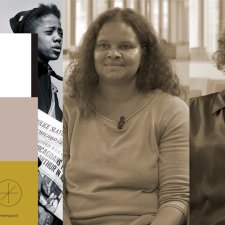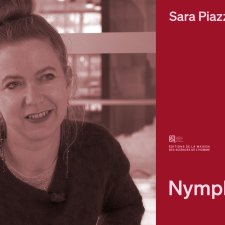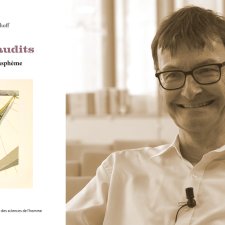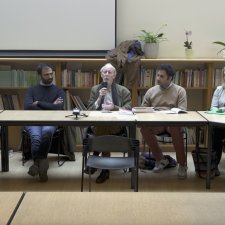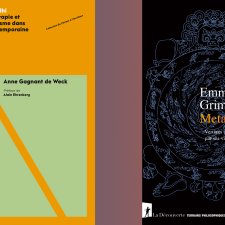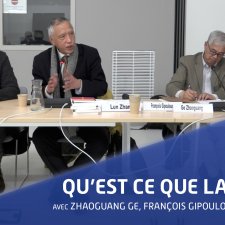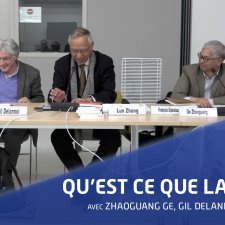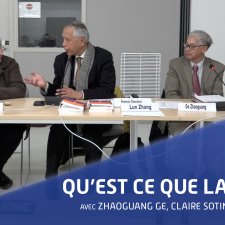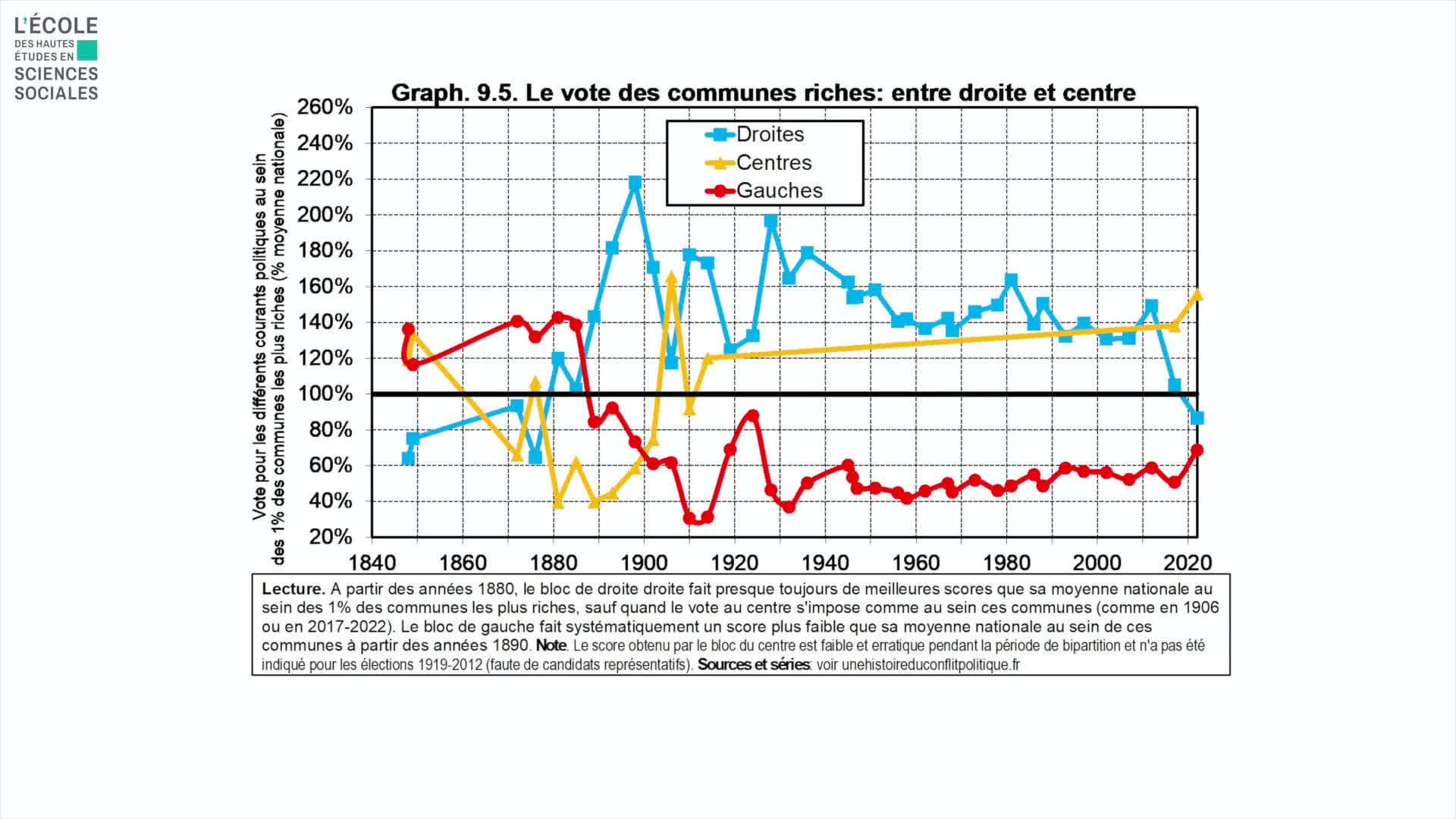Chapitres
Notice
Retranscription
So, Nehru was one of the leading figures of India's nationalist struggle and he was then India's first Prime Minister. As India's first Prime Minister, he had a huge role, a decisive role in shaping the new country's identity, its foreign policy, its relationship with Pakistan and also its kind of outlook towards the world. So in that sense, he was influential not just in India, like foundational to the creation of India, but also influential world over in shaping India's outlook to the world and its place in the world. And he's also very relevant now in Indian politics. He is a figure of great controversy. His legacy is being questioned like never before. Absolutely. And maybe just to add very briefly, Nehru was also an intellectual. In what was then known as the Third World, you had that quite frequently where you had politicians who were doing great things like bringing their nations into liberations after colonisation. At the same time, they were also thinking about society, about politics and what to do in the 21st century in this new global age. And Nehru was one of the foremost global thinkers, if not the first global thinker who was, you know, futurising the past in a new way. So for us, it was because of how controversial Nehru has become and how contested his ideas have become. For us, this represented a way of really getting to grips with how his ideas were formed and how they really made their way in the public sphere and created, in a sense, space for themselves. Because Nehru, you must remember, before he became this ultra-dominant figure in India, in his early years, he was really forced to contend with other similarly positioned figures and kind of champion his ideas. And for us to really look at those exchanges and to figure out how Nehru's ideas came to be what they be and how they came to become dominant, this, we found, was the most effective method of getting to the heart of the issues concerned. Particularly, in our cases, they represented, in a sense, the most honest and the most in-depth exchange of ideas that really happened in the run-up to independence and in the early years of independence. And they are relevant not just to India, but also to South Asia, especially more widely, and especially so for Pakistan. And maybe also just to add a little bit, whenever you have these founding fathers, people who birthed nations, there's a lot of commentary that happens about their lives and their views. And the further you move away from the time period where they lived, the more the differentiation between what is being commented upon and where they stood blurs. So we felt that that had really happened with Nehru. There's like hundreds of people who've written commentaries on Nehru and what he thought, but nobody was going back to the original letters. So we thought, like, why not bring them back into the public sphere and have people read and be able to form an opinion by themselves by reading those exchanges? And we picked those exchanges strategically by highlighting exactly the flash points that are relevant to Indian politics today. The book moves into one of the foremost debates that Nehru had with a Muslim scholar called Muhammad Iqbal. Muhammad Iqbal is seen as one of the sort of philosophical founding fathers of Pakistan, the nation state that emerges at the same time as India in the nor…
Lire l'intégralitéNehru, les débats qui ont fait l'Inde
- document 1 document 2 document 3
- niveau 1 niveau 2 niveau 3
Descriptif
Interview de Tripurdaman Singh et Adeel Hussain, dans le cadre de la sortie de leur ouvrage Nehru. Les débats qui ont fait l'Inde, publié le 11 avril aux Editions de la MSH.
Intervention / Responsable scientifique
Dans la même collection
-
De la rue à la mairie
HamouDavidInterview de David Hamou, dans le cadre de la sortie de son ouvrage "De la rue à la mairie. Sociologie du municipalisme"
-
Voukoum. Esprits rebelles du carnaval guadeloupéen
PavyFloreInterview de Flore Pavy, dans le cadre de la sortie de son ouvrage "Voukoum. Esprits rebelles du carnaval guadeloupéen"
-
Mémoires en conflit. Points de fuite de l'Holocauste et du colonialisme
SznaiderNatanInterview de Natan Sznaider, dans le cadre de la sortie de son ouvrage "Mémoires en conflit. Points de fuite de l'Holocauste et du colonialisme"
-
La Mouridiyya en marche
BabouCheikh Anta Mbacké" La Mouridiyya en marche" est un livre essentiel pour comprendre les interactions entre spiritualité, culture et mondialisation, sur la communauté soufie des Mourides du Sénégal.
-
La modernité tardive en crise. Qu'apporte la théorie de la société ? - Hartmut Rosa
RosaHartmutInterview de Hartmut Rosa, dans le cadre de la sortie de son ouvrage "La modernité tardive en crise. Qu'apporte la théorie de la société ?"
-
Relations interdites. Prisonniers de guerre français et femmes allemandes pendant la Seconde Guerre…
CicottiniGwendolineInterview de Gwendoline Cicottini, dans le cadre de la sortie de son ouvrage "Relations interdites"
-
Zygmunt Bauman. Une biographie
WagnerIzabelaInterview de Izabela Wagner, dans le cadre de la sortie de son ouvrage "Zygmunt Bauman Une biographie"...
-
Black Metropolis : Une ville dans la ville. Chicago (1914-1945).
RaulinAnneAtukpeSarahInterview de Anne Raulin et Sarah Atukpe, dans le cadre de la sortie de l'ouvrage "Black Metropolis : une ville dans la ville. Chicago 1914-1945
-
Nymphoplastie. Coupez ce sexe que je ne saurais voir
PiazzaSaraInterview de Sara Piazza, dans le cadre de la sortie de son ouvrage "Nymphoplastie. Coupez ce sexe que je ne saurais voir"
-
Jardins en commun(s) - Politiser l'écologie ordinaire
SachseVictoriaInterview de Victoria Sachsé, dans le cadre de la sortie de son ouvrage "Jardins en commun(s). Politiser l'écologie ordinaire"
-
Dieux maudits - L'histoire du blasphème
SchwerhoffGerdInterview de Gerd Schwerhoff, dans le cadre de la sortie de son ouvrage "Dieux maudits. L'histoire du blasphème"
-
Histoire de la pop. Quand la culture jeune dépasse les frontières (années 1950-1960)
MrozekBodoInterview de Bodo Mrozek, dans le cadre de la sortie de son ouvrage "Histoire de la pop. Quand la culture jeune dépasse les frontières (années 1950-1960)"
Avec les mêmes intervenants et intervenantes
-
Table ronde : Nehru. Les débats qui ont fait l'Inde
HussainAdeelSinghTripurdamanRacineJean-LucBlarelNicolasEleftheriadisPavlosVijay SinghViguierAnneXifarasMikhaïlÀ l’occasion de la sortie de l’ouvrage Nehru. Les débats qui ont fait l’Inde aux Éditions de la MSH, la FMSH a organisé une table ronde à la Maison Suger en présence des auteurs et de spécialistes
Sur le même thème
-
Chine-Inde : deux États-civilisations au miroir du monde
RacineJean-LucZhangLunDiscussion autour de la Chine et de l'Inde, qui s'est tenue le 6 novembre à la FMSH
-
Table ronde 3 | État, planification, marché, mondialisation
LecocqFranckPereiraLuÍz Carlos BresserDowborLadislauNayyarDeepakSagastiFranciscoAguiarRosa Freire d'CardettiniOneliaRendre hommage à Ignacy Sachs (1927-2023), c’est saluer le parcours visionnaire du théoricien de l’écodéveloppement qui, dès les années 1970, pose les bases d’un équilibre à atteindre entre croissance
-
Coïncider avec soi - Dans l'intimité de la recherche
Gagnant de WeckAnneGrimaudEmmanuelGuenziCaterinaSoirée "Coïncider avec soi", dans le cadre d'une conversation « Dans l’intimité de la recherche», qui a eu lieu le 8 octobre 2024 au Forum de la FMSH
-
La mafia et la Maison Blanche
GayraudJean-FrançoisUne réflexion sur la corruption dans les démocraties
-
Deuxième partie de l'après-midi de la table ronde autour de l'ouvrage "Qu'est ce que la Chine ?" de…
GeZhaoguangGipoulouxFrançoisZhangLunÀ l’occasion de la parution de la version française de l'ouvrage Qu’est-ce que la Chine ? en mai dans la collection « Asie(s) » des Éditions de la MSH, le professeur Lun Zhang organise une table ronde
-
Première partie du matin de la table ronde autour de l'ouvrage "Qu'est ce que la Chine ?" de Zhaogu…
GeZhaoguangBastid-BruguièreMarianneZhangLunÀ l’occasion de la parution de la version française de l'ouvrage Qu’est-ce que la Chine ? en mai dans la collection « Asie(s) » des Éditions de la MSH, le professeur Lun Zhang organise une table ronde
-
Première partie de l'après-midi de la table ronde autour de l'ouvrage "Qu'est ce que la Chine ?" de…
GeZhaoguangDelannoiGilZhangLunÀ l’occasion de la parution de la version française de l'ouvrage Qu’est-ce que la Chine ? en mai dans la collection « Asie(s) » des Éditions de la MSH, le professeur Lun Zhang organise une table ronde
-
Deuxième partie du matin de la table ronde autour de l'ouvrage "Qu'est ce que la Chine ?" de Zhaogu…
GeZhaoguangSotinelClaireZhangLunÀ l’occasion de la parution de la version française de l'ouvrage Qu’est-ce que la Chine ? en mai dans la collection « Asie(s) » des Éditions de la MSH, le professeur Lun Zhang organise une table ronde
-
Table ronde : Nehru. Les débats qui ont fait l'Inde
HussainAdeelSinghTripurdamanRacineJean-LucBlarelNicolasEleftheriadisPavlosVijay SinghViguierAnneXifarasMikhaïlÀ l’occasion de la sortie de l’ouvrage Nehru. Les débats qui ont fait l’Inde aux Éditions de la MSH, la FMSH a organisé une table ronde à la Maison Suger en présence des auteurs et de spécialistes
-
Voix aux chapitres #2 : Autour de l'ouvrage "Une histoire du conflit politique"
HuretRomainKiesowRainer MariaCagéJuliaPikettyThomasRencontre avec Julia Cagé (Sciences Po) et Thomas Piketty (EHESS - PSE) autour de leur ouvrage Une histoire du conflit politique. Elections et inégalités sociales en France, 1789-2022 (Seuil, 2023)
-
Table Ronde 5/ Les transformations des capitalismes contemporains : croiser système de l'économie …
BoyerRobertDans le cadre de ses 60 ans, la Fondation Maison des sciences de l'homme organise le colloque international "Capitalisme, anticapitalisme et sciences sociales engagées à l'échelle globale : autour de
-
Table ronde sur Au-Béraud l'éphémère
LefrançoisFrédéricDésertGéraldRosierJean-MarcArsayeJean-PierreTable ronde sur Au-Béraud l'éphémère, ouvrage de Jean-Pierre Arsaye, lors de l'opération en faveur de Présence Kréyol.



